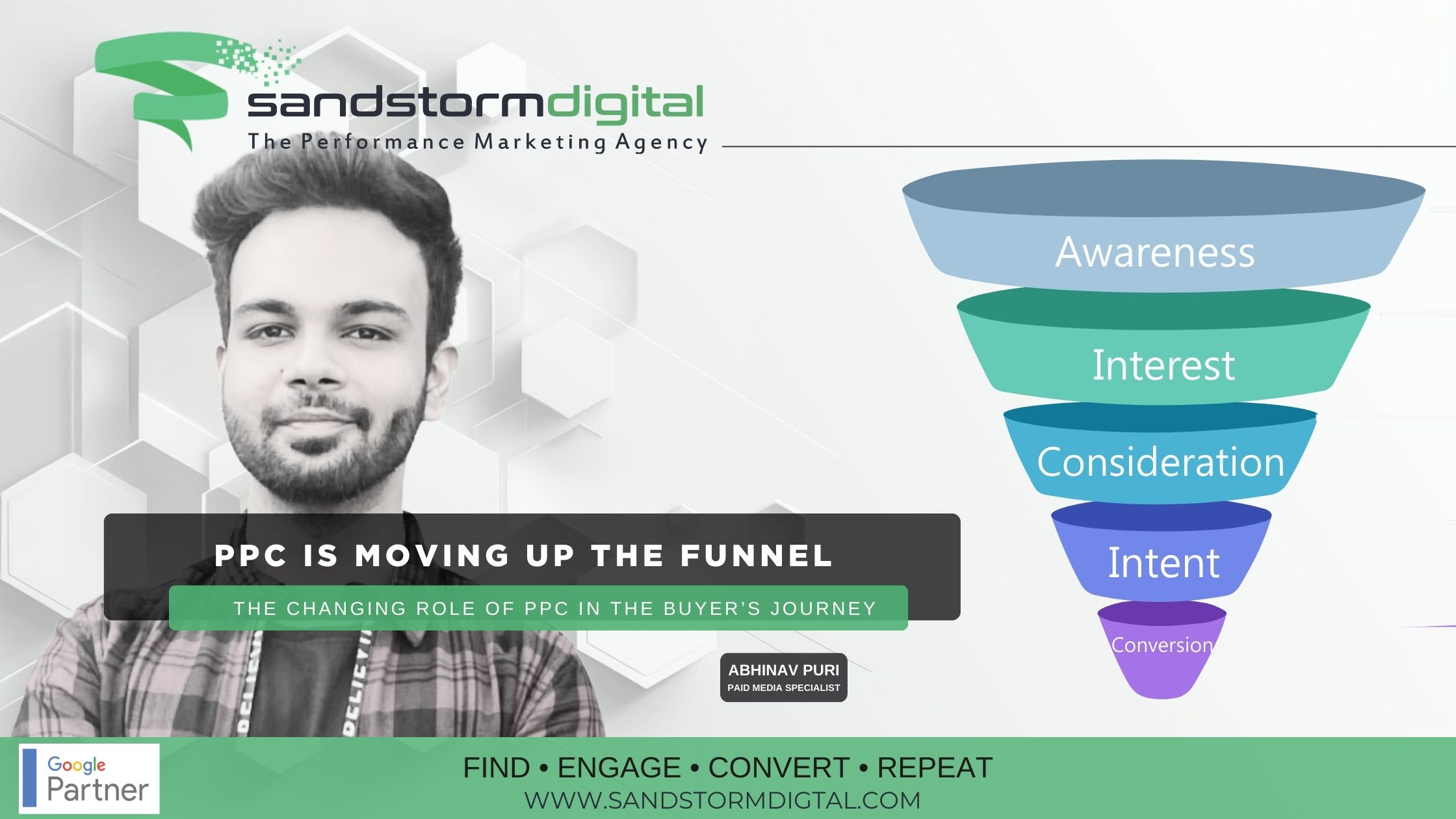Towards the end of last year, and during UAE Innovation Week, I presented about the future of search. One of the areas I covered was Google’s “RankBrain“.
Google has confirmed that RankBrain is one of the top three ranking factors for search engine results placement. The first and second most important, not in order, are content and links.
The third most important ranking factor, RankBrain is one that poses significant challenges to designers, content creators, and marketers who are trying to design content specifically for ranking purposes. RankBrain, an artificial intelligence system that learns user search behavior and evaluates website content, is – according to a March 2016 Q&A with a Senior Strategist at Google – the third most important ranking factor out of the hundreds they use to rank and place search results.
In October 2015, Bloomberg reported on RankBrain and included some key information about the AI factor as provided by one of Google’s senior research scientists. This information included the statement that RankBrain was the third most important ranking factor in search results, so the March 2016 statement is simply a confirmation of what we’d already been told by a senior Google staffer. RankBrain is still in third place officially, but the position is “hotly contested” as it jockeys for better placement against content and links in the top three ranking factors.
Why care?
Why does RankBrain challenge designers who are focusing on SERP placement?Because it isn’t a static algorithm component that you can easily define and design around or for. It learns and evolves with every one of the billions of user queries and thousands of indexed web pages it encounters each day. RankBrain also doesn’t replace the many different elements of Google’s algorithm, it is just one small cog in the massive algorithm machine that Google officially named Hummingbird in mid-2013. Now, after you’ve optimized your online content for as many verified ranking factors as you can find, you have to contend with a factor that may be just as unpredictable as user search behavior.
Before you start fretting about your SEO strategies, you should know that RankBrain does not handle all search queries performed on Google, which sees millions of queries every second. Most of the searches that RankBrain processes are those that have never been entered into a search query box before. While you might think that there isn’t much Google hasn’t seen yet, keep in mind that it receives three billion search queries every single day. Approximately 15% of those queries – or 450 million – are searches never before entered by any human being.
The ability to analyze and interpret as-yet-unknown and ambiguous searches is a huge step forward in the search industry because, completely new queries aside, searchers are asking questions or looking for information with more conversational words and phrases than ever before, too. Voice searches on mobile devices have opened the doors for this practice to a large degree, and users are taking advantage of the convenience of speaking their query rather than typing it.
While you might think this has little to do with your marketing strategies, RankBrain does have an impact on your SEO. It means you will have to start doing what you should have been doing all along – designing your content for users, not search engines. Some of the ways you can do this include:
- Using more conversational search phrases as your keywords.
- Including long-tail keywords in your content to make it more relevant to user searches.
- Applying user experience design (UXD) tips to your websites, pages, and content.
The March 2016 Q&A that confirmed the top three ranking factors also provided a bit more insight into how Google’s algorithm works. The Senior Strategist for Google said that, in essence, different parts of the algorithm have more or less weight depending on the search queries entered and the search results provided. One set of results may show that a dozen specific algorithm factors dominate the determination of SERP placement, while another set of results doesn’t take any of those same factors into account when assigning rank position. This adds one more dynamic factor to the way designers, marketers, and content creators have to shift their focus toward an optimal user experience rather than an experience created for an algorithm.
Closing thoughts…
If you have been tailoring your online content to meet the wants, needs, and demands of your audience all along, you likely have little to worry about when it comes to RankBrain or any other Google algorithm component. Keep your focus on creating the most valuable and engaging experience for your users and they will repay you with continued traffic, leads, and a return on your investment that a search engine can never provide.
Image by www.flickr.com/photos/cblue98/
This post was originally published on Sandstorm Digital FZE










